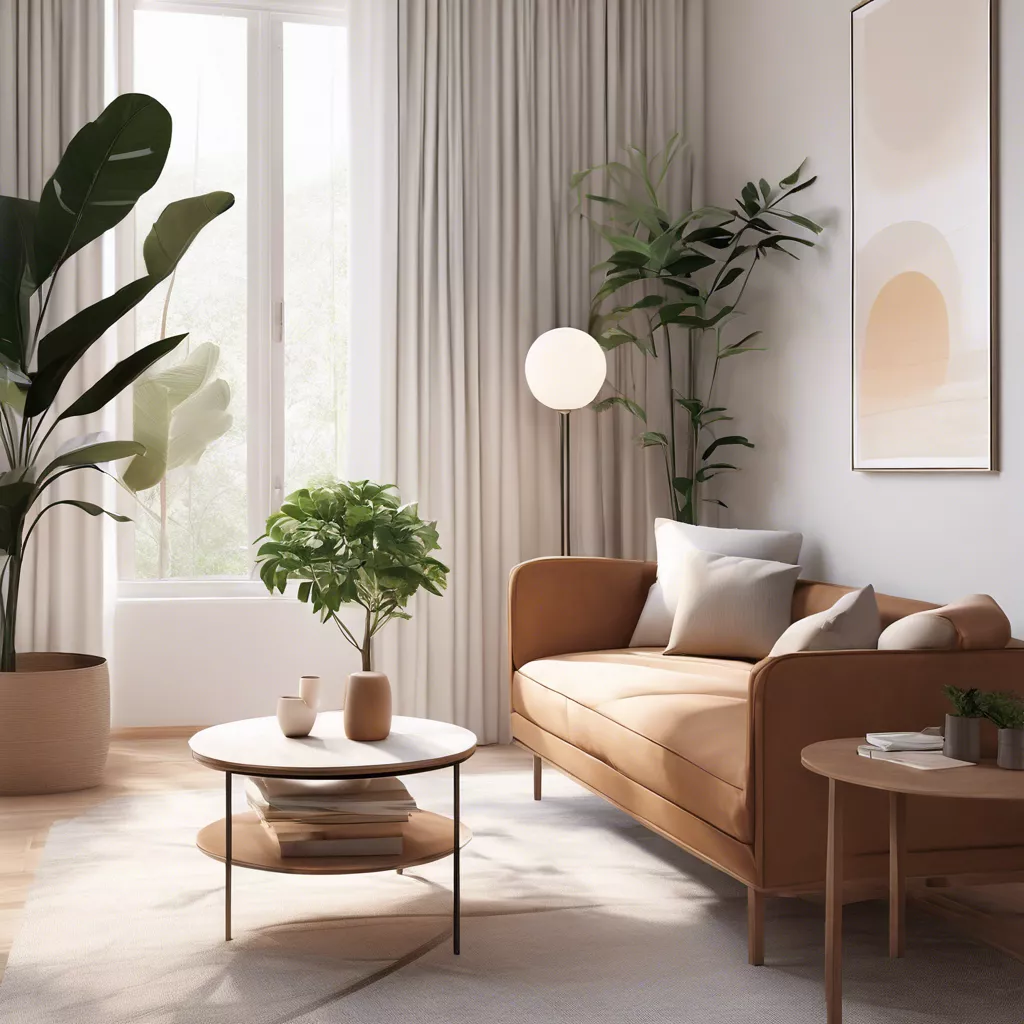In a world that often equates success with material accumulation, the philosophy of minimalism offers a refreshing alternative. Minimalism is not just about decluttering your space; it’s about simplifying your life to focus on what truly matters. Here, we explore how embracing a minimalist lifestyle can lead to greater fulfillment and productivity.
Understanding Minimalism
At its core, minimalism is about intentional living. It encourages individuals to evaluate their possessions, commitments, and even relationships, keeping only those that add value to their lives. By doing so, minimalists aim to create a sense of peace and clarity, free from the distractions of excess.
Benefits of Minimalist Living
A. Reduced Stress and Anxiety
One of the most immediate benefits of adopting a minimalist lifestyle is the reduction of stress. Cluttered spaces can lead to a cluttered mind. By simplifying your surroundings, you create a more serene environment that promotes relaxation and focus. Studies have shown that a tidy space can significantly decrease anxiety levels and improve overall mental health.
B. Enhanced Focus and Productivity
Minimalism encourages prioritization. When you eliminate distractions, you can concentrate better on your tasks. This enhanced focus not only boosts productivity but also leads to more efficient use of time. Many minimalists report achieving their goals faster and with less effort, simply because they are not sidetracked by unnecessary obligations or possessions.
C. Financial Freedom
Living minimally often translates to spending less. By purchasing only what you need and valuing experiences over things, you can save money and reduce financial stress. This newfound financial freedom allows for investing in experiences, travel, or savings, leading to a more enriching life.
D. Improved Relationships
Minimalism promotes quality over quantity, not only in possessions but also in relationships. By focusing on meaningful connections, you cultivate deeper and more rewarding interactions with others. This shift can lead to a supportive community that enriches your life.
3. Tips for Embracing Minimalism
A. Start with Decluttering
Begin your minimalist journey by assessing your belongings. Go through each room and ask yourself if an item adds value to your life. If not, consider donating or selling it. This process can be liberating and will create a more spacious environment.
B. Set Clear Intentions
Define what minimalism means to you. Is it about having fewer possessions, simplifying your schedule, or focusing on meaningful relationships? Setting clear intentions can guide your decisions and help you stay committed to your minimalist lifestyle.
C. Practice Mindful Consumption
Before making a purchase, ask yourself if it aligns with your minimalist values. Will it truly enhance your life, or is it just a fleeting desire? Practicing mindful consumption helps prevent clutter and ensures that your possessions serve a purpose.
D. Embrace Experiences Over Material Goods
Shift your focus from acquiring things to creating experiences. Spend time with loved ones, travel, or engage in hobbies that bring you joy. These experiences often lead to lasting happiness and fulfillment.
4. Conclusion
Minimalism is more than a lifestyle choice; it’s a mindset that encourages individuals to seek fulfillment through simplicity. By reducing clutter, enhancing focus, achieving financial freedom, and improving relationships, minimalists can enjoy a richer, more meaningful life. Embrace the philosophy of less is more, and discover the myriad benefits of minimalist living.
By incorporating these principles into your life, you can achieve more with less, leading to a greater sense of well-being and purpose. Start your minimalist journey today and unlock the potential for a more fulfilling life.
